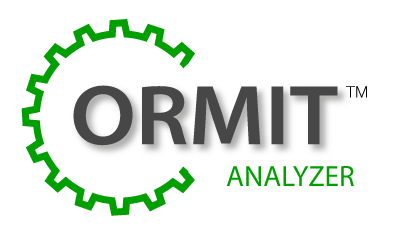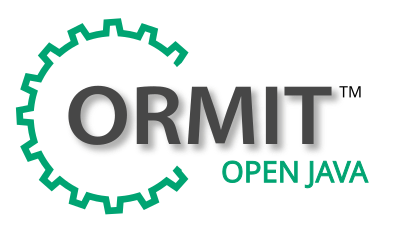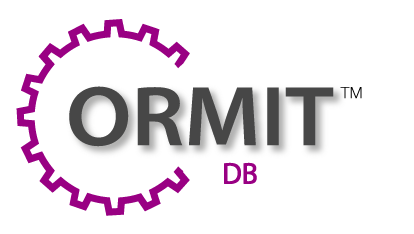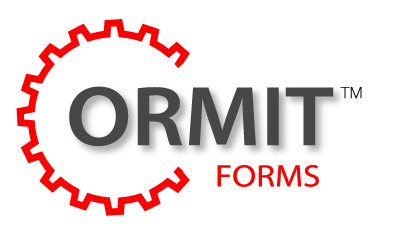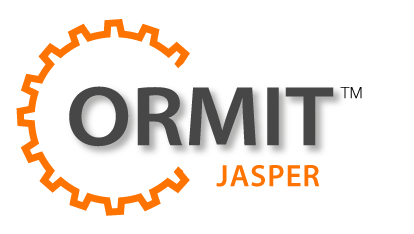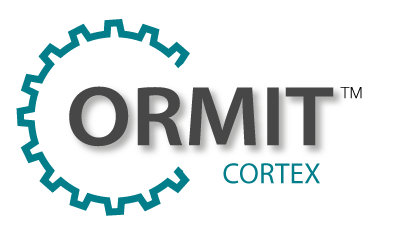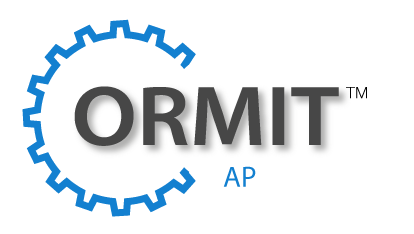Oracle Forms Code Analysis Tool
ORMIT™-Analyzer: State of the art Oracle Forms code analysis and pre-migration tool.
Oracle Forms Code Analysis Tool
Save up to 90% on migration costs. ORMIT™-Analyzer: an Oracle validated tool. Automatic, Efficient, Complete. Modernize Oracle Forms Code.
Our state of the art ORMIT-Analyzer tool helps understand the existing development patterns and to find opportunities to simplify the source code.
The ORMIT™-Analyzer advantage
SIGNIFICANT TIME SAVINGS
Automated migration or upgrade delivered in up to 90% less time than a manual upgrade.
PRECISE AND ACCURATE
Accuracy of ORMIT™-Analysis vs. Actual project
ORACLE VALIDATED TOOL
ORMIT™-Analyzer is an Oracle validated tool
UPGRADE AND MIGRATION PROJECTS
ORMIT™-Analyzer Forms Upgrade and Migration Projects Analyzed
Can you afford the hidden costs and risks of under-optimal Oracle Forms Code Quality?
Customized Oracle Forms/Reports application development brings high levels of flexibility but with years of code maintenance and modifications, your application code documentation is obsolete 90% of the time.
Several aspects can impact your code quality such as its consistency, redundancy, dead-code:
- Development staff turn-over throughout the years;
- Functional & Technical application documentation inaccuracy;
- Mixed coding standards;
- PL-SQL and SQL source code and business logic distribution;
In consequence, any change within the source code could have implications throughout the application, which results in a high risk for the application quality during any maintenance or change-request development tasks.
Htmlarea
.png)
Automated, Efficient, Complete
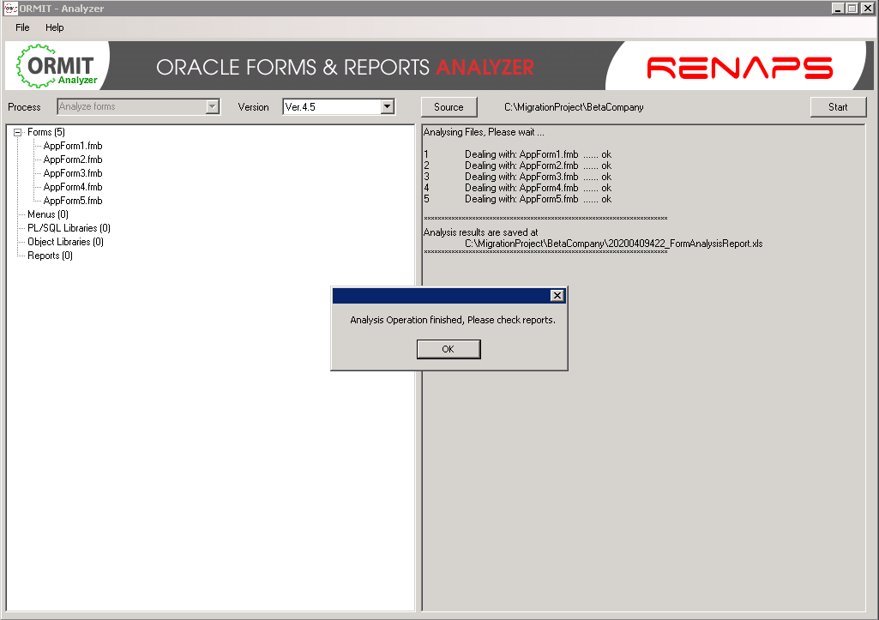
Our state of the art ORMIT-Analyzer tool helps understand the existing development patterns and to find opportunities to simplify the source code.
The objective is to obtain detailed information on the possibilities and challenges to enable a more “future-ready” software architecture by separating the software architectural components: User-Interface, Business Logic and Database.
ORMIT-Analyzer also helps prepare a potential application modernization project with the objective to protect the investment in the existing business logic and to achieve easier maintainable, more modern software architecture.
With its extensive analysis of all Oracle Forms and Reports parameters covering more than 300 data points your organisation is sure to be able to make better informed decisions.
&nbs;
What kind of data is provided by ORMIT™-Analyzer?
Scan of all modules
Scans all forms (FMB), reports (RDF), libraries(PLL) and object librairies (OLB)
Ratio of unused objects
Improves code quality through reports of all unused objects
Ratio of redundant code
Determines the ratio of redundant code for better forms code optimization
Business logic distribution
Reports on the overall business logic distribution
Source code dependencies
Full source code dependencies report for no-surprises migrations
Source code quality
Source code quality reports with improvements suggestions
Object count per module
Better upgrade or migration estimates with precise objects counts (Blocks, Items Canvases, Windows, LOVs, Program Units, Triggers)
Runtime References
Reports on Host Calls, Run Reports, User Exits
Triggers at the wrong level
Improve forms effectiveness with our "Triggers at the wrong level" report.
Triggers with mouse navigation
Target potential compatibility issues with our "Triggers with mouse navigation" report for predictable migration and upgrades.
Obsolete Items
Complete and accurate reports of all Obsolete Items.
Built-ins calls
Built-ins usage report to assist in your upgrade or migration project.
Keywords conflicts
Detailed "Keywords conflicts" report.
References Analysis
Type (dependent or independent), Static and Runtime references analysis across Oracle Forms objects and modules
ORMIT™ - 50% to 90% savings
ORMIT™ is cost effective
WITHOUT ORMIT™
WITH ORMIT™
WITHOUT ORMIT™
Setup
Setup
Analysis
Analysis
Plan
Plan
Migration
Migration
Pre-deployment Tasks
Pre-deployment Tasks
Testing
Testing
UAT
UAT
WITH ORMIT™
Manual
Automated
Migration project timeline
Setup
Analysis
Plan
Migration
Pre-deployment Tasks
Testing
UAT
WITH ORMIT™
Manual
Automated
ORMIT™ Analyzer: State of the art Oracle Forms and Reports code analysis and pre-migration tool
ORMIT-Analyzer is a comprehensive tool that acts as an X-Ray scanner to analyze Oracle Forms and Reports applications. Developed by RENAPS, this tool is the first step in any Forms & Reports migration project and provides deep insights into application components, facilitating efficient application migration or modernization.
Want to see ORMIT™ -Analyzer in action ?
Oracle Forms Migration: Meet the complete Automated ORMIT™ Migration Suite
ORMIT™ helped over 500 customers, in 30 countries

